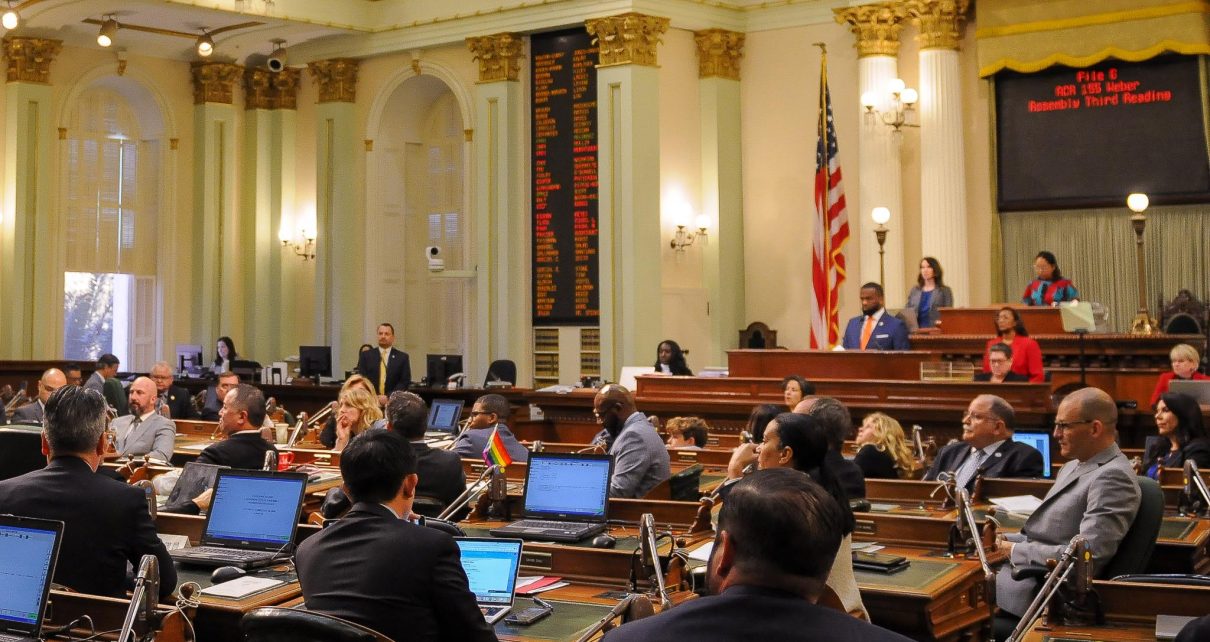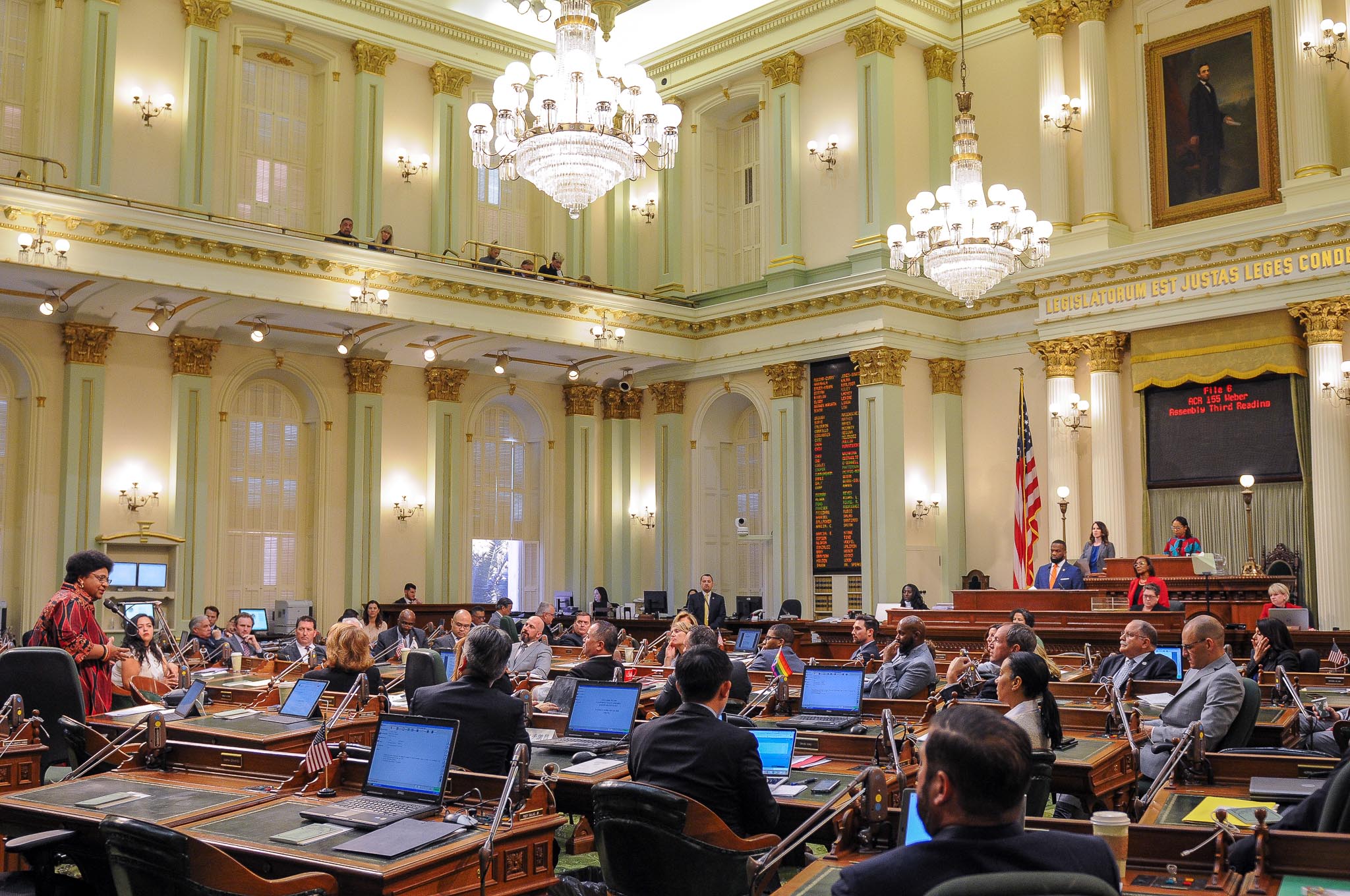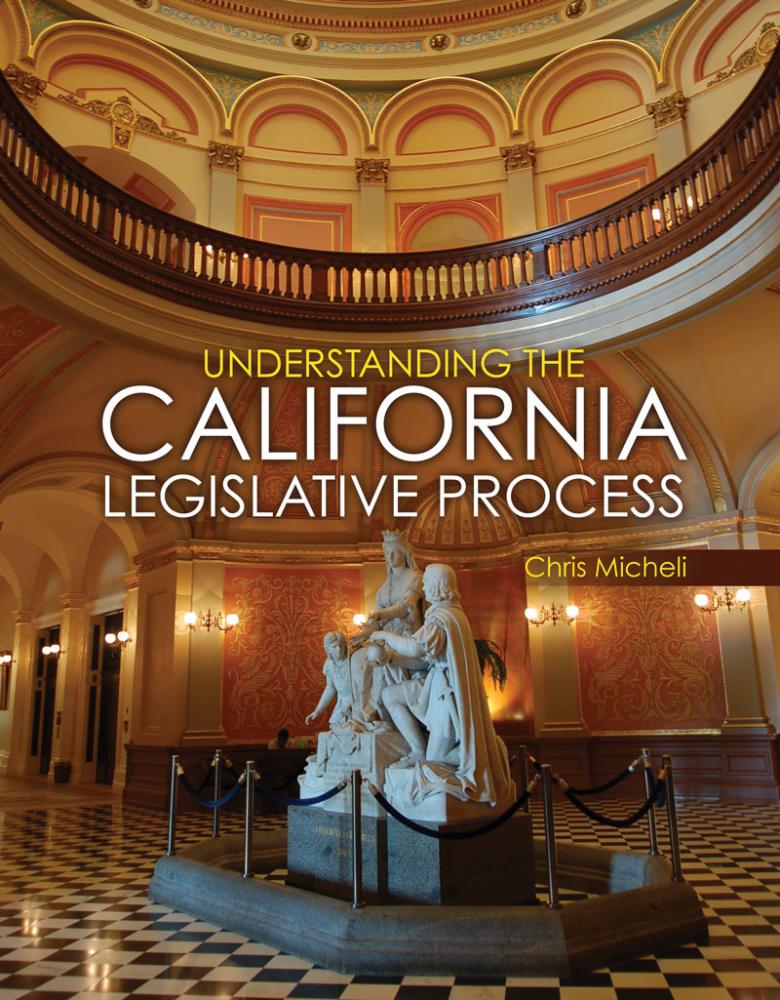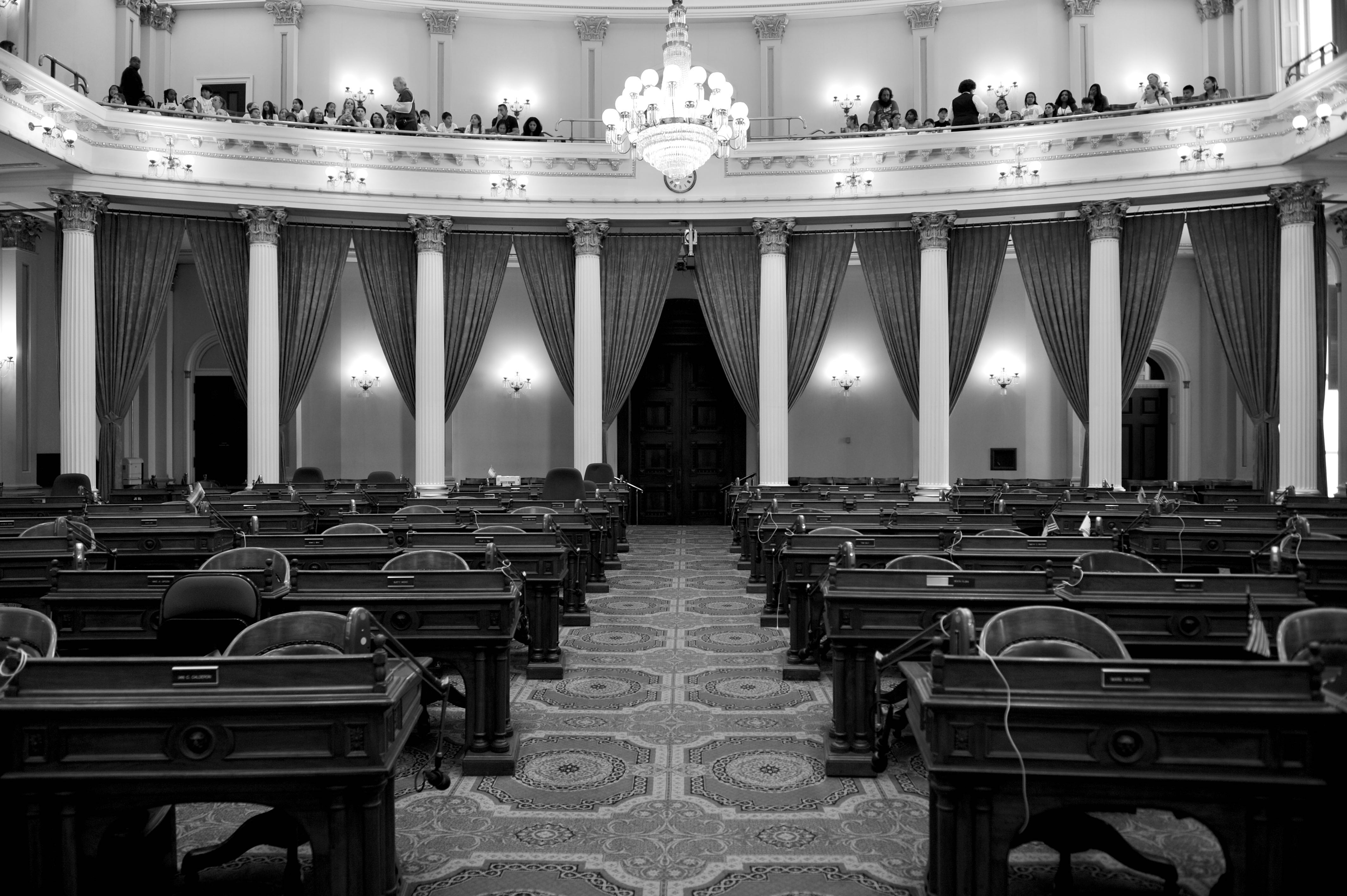
California State Assembly. (Photo: Kevin Sanders for California Globe)
One Reason to Have More Thorough Legislative Discussions on Bills
What is rarely in dispute or in need of interpretation is the general purpose or intent of legislation
By Chris Micheli, June 12, 2023 6:21 am
Mainly because legislative committees in the California Legislature have to process so many bills at their limited hearings, there is little public debate, particularly among legislators, regarding bills that are heard in the committees of the State Senate and State Assembly. Even on the Floors of the two houses of the California Legislature, there is little public discourse, and rarely any detailed discussion about a bill’s specific provisions.
This is particularly problematic when a statute is being considered by the judicial branch of state government and the judiciary is trying to ascertain the intent of the Legislature. Unfortunately, state courts often find that statements of intent as well as legislative debate, particularly detailed discussions regarding a bill’s provisions, are sorely lacking. And yet it is those details that are often at issue in litigation.
Nonetheless, there are instances when a legislator’s public statements may be considered by the judiciary. In recently reading an interesting California Supreme Court decision, Walters v. Weed (1988) 45 Cal.3d 1, the high court noted a principle of statutory construction in this state, but then explained how individual legislators’ statements can be given weight by the judiciary:
“Although there is a marked judicial reticence to rely on statements made by individual members of the Legislature as an expression of the intent of the entire body (Friends of Mammoth v. Board of Supervisors (1972) 8 Cal.3d 247, 258 [104 Cal.Rptr. 761, 502 P.2d 1049]), the Senate committee hearing transcript, incorporating the author’s testimony, commands respect for two reasons. First, we have in the past accepted an individual legislator’s statement as an aid to ascertaining a statute’s underlying purpose when the statement has given some indication of the arguments made to the Legislature and was subsequently printed by the Legislature. (California Teachers Assn. v. San Diego Community College Dist. (1981) 28 Cal.3d 692, 700 [170 Cal.Rptr. 817, 621 P.2d 856].)
“Second, the transcript reveals the discussion and events at the hearing, aspects which we may properly consider. (In re Marriage of Bouquet (1976) 16 Cal.3d 583, 590 [128 Cal.Rptr. 427, 546 P.2d 1371]; Rich v. State Board of Optometry (1965) 235 Cal.App.2d 591, 603 [45 Cal.Rptr. 512].) That discussion, which comprised a full day’s testimony, indicates that other legislators and witnesses shared the author’s views on both the need for, and the purpose of, Senate Bill No. 1653.”
What this California Supreme Court decision demonstrates is that detailed statements can be relied upon by the judiciary when interpreting statutes when those statements are provided to the Legislature as a whole. This could be accomplished by not only providing an “author’s statement” that broadly describes the purpose or need for legislation, but also discussion about specific provisions of the bill, particularly ones that may be controversial or the subject of serious debate. And those statements should be in the floor analyses.
In other words, what is rarely in dispute or in need of interpretation is the general purpose or intent of legislation (e.g., “this bill would improve workers’ rights”). Instead, litigation and the subsequent need for interpretation of a statute by the judicial branch is usually over an ambiguity or meaning of one or more statutory provisions (e.g., why “regular rate of pay” was used instead of a different standard). That is why legislative debate and discussion regarding a bill’s main provisions is important when the statute is the subject of a lawsuit.
As a result, the debate and discussion would be meaningful for litigants and the judiciary if points were publicly made regarding why specific words or language in the proposed statute were being used. In addition, statements should be made in committee and on the floor explaining a bill’s provisions and subject to debate or discussion to demonstrate to the judiciary that alternatives may have been considered or that other legislators agree with the author regarding the purpose and intent of a bill’s provisions.
- A Historic Look at Bill Introductions in the California Legislature - February 21, 2026
- Construction of Eminent Domain Law - February 21, 2026
- Deposition of Expert Witnesses - February 20, 2026





There is little public debate, particularly among legislators, regarding bills that are heard in the committees of the State Senate and State Assembly because Democrats who are the super majority want it that way? They don’t want public debate? They act like authoritarian and totalitarian dictators?